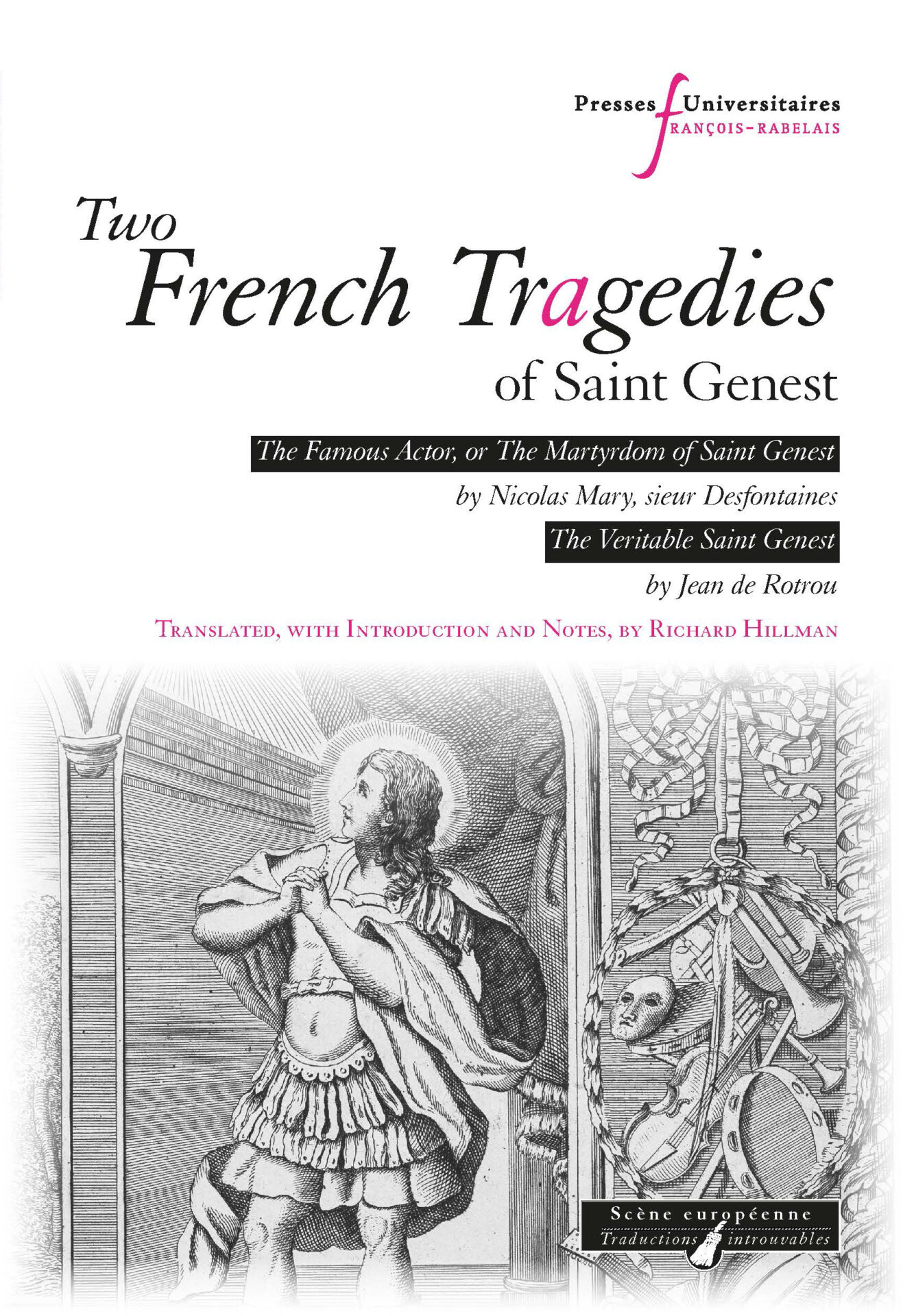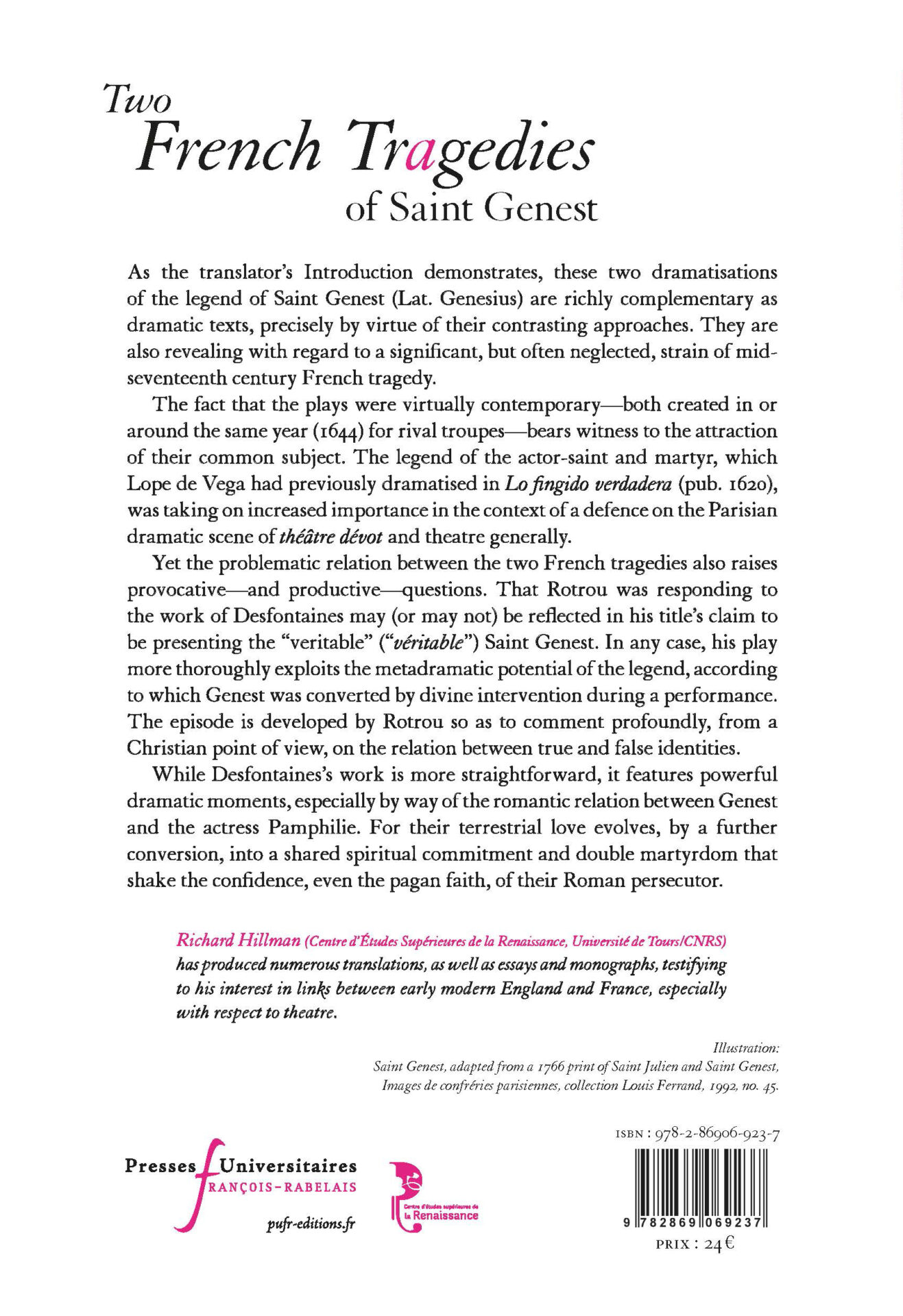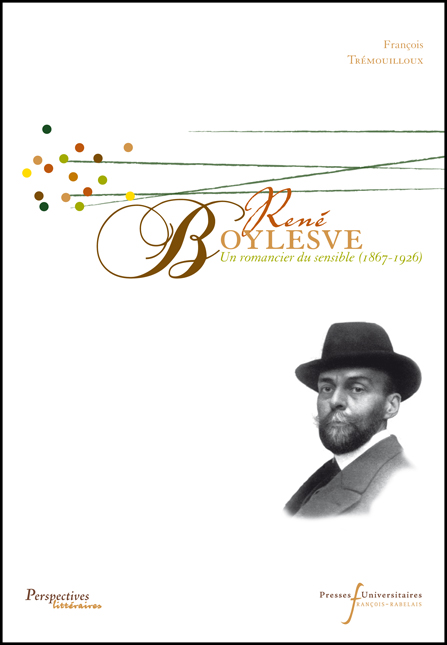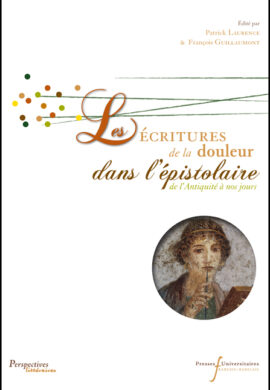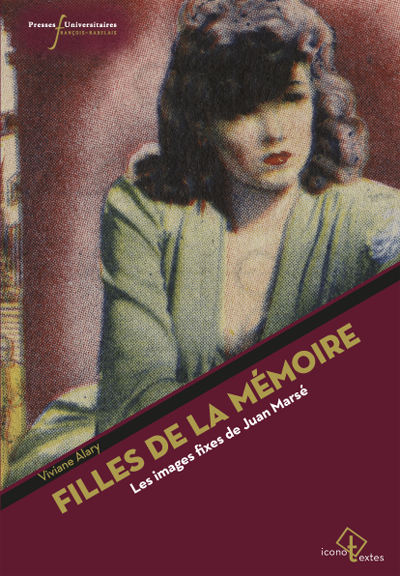Two French Tragedies of Saint Genest
As the translator’s Introduction demonstrates, these two dramatisations of the legend of Saint Genest (Lat. Genesius) are richly complementary as dramatic texts, precisely by virtue of their contrasting approaches. They are also revealing with regard to a significant, but often neglected, strain of mid-seventeenth century French tragedy.
The fact that the plays were virtually contemporary—both created in or around the same year (1644) for rival troupes—bears witness to the attraction of their common subject. The legend of the actor-saint and martyr, which Lope de Vega had previously dramatised in Lo fingido verdadera (pub. 1620), was taking on increased importance in the context of a defence on the Parisian dramatic scene of théâtre dévot and theatre generally.
Yet the problematic relation between the two French tragedies also raises provocative—and productive—questions. That Rotrou was responding to the work of Desfontaines may (or may not) be reflected in his title’s claim to be presenting the “veritable” (“véritable”) Saint Genest. In any case, his play more thoroughly exploits the metadramatic potential of the legend, according to which Genest was converted by divine intervention during a performance. The episode is developed by Rotrou so as to comment profoundly, from a Christian point of view, on the relation between true and false identities.
While Desfontaines’s work is more straightforward, it features powerful dramatic moments, especially by way of the romantic relation between Genest and the actress Pamphilie. For their terrestrial love evolves, by a further conversion, into a shared spiritual commitment and double martyrdom that shake the confidence, even the pagan faith, of their Roman persecutor.
24,00 €
En stock
Two French Tragedies of Saint Genest
As the translator’s Introduction demonstrates, these two dramatisations of the legend of Saint Genest (Lat. Genesius) are richly complementary as dramatic texts, precisely by virtue of their contrasting approaches. They are also revealing with regard to a significant, but often neglected, strain of mid-seventeenth century French tragedy.
The fact that the plays were virtually contemporary—both created in or around the same year (1644) for rival troupes—bears witness to the attraction of their common subject. The legend of the actor-saint and martyr, which Lope de Vega had previously dramatised in Lo fingido verdadera (pub. 1620), was taking on increased importance in the context of a defence on the Parisian dramatic scene of théâtre dévot and theatre generally.
Yet the problematic relation between the two French tragedies also raises provocative—and productive—questions. That Rotrou was responding to the work of Desfontaines may (or may not) be reflected in his title’s claim to be presenting the “veritable” (“véritable”) Saint Genest. In any case, his play more thoroughly exploits the metadramatic potential of the legend, according to which Genest was converted by divine intervention during a performance. The episode is developed by Rotrou so as to comment profoundly, from a Christian point of view, on the relation between true and false identities.
While Desfontaines’s work is more straightforward, it features powerful dramatic moments, especially by way of the romantic relation between Genest and the actress Pamphilie. For their terrestrial love evolves, by a further conversion, into a shared spiritual commitment and double martyrdom that shake the confidence, even the pagan faith, of their Roman persecutor.
24,00 €
En stock

